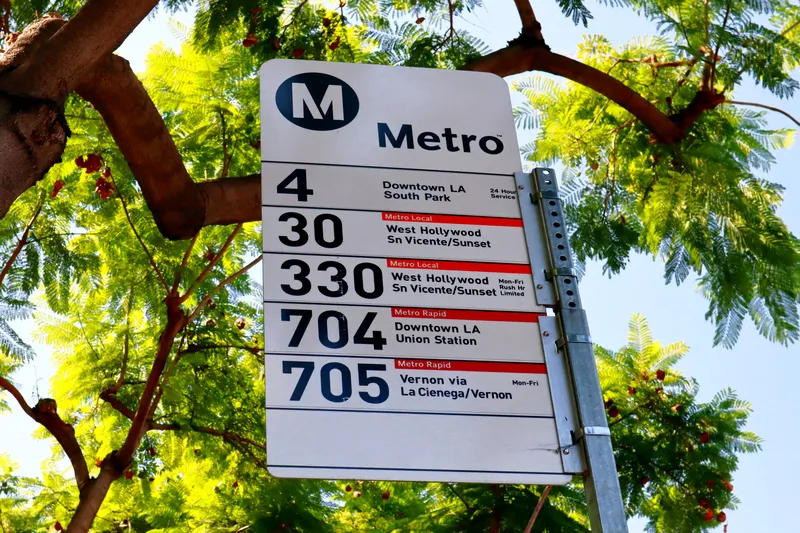The first stage of Canberra’s light rail network will be constructed by the Canberra Metro consortium, comprising of Pacific Partnerships, CPB Contractors, John Holland, Mitsubishi Corporation, Aberdeen Infrastructure Investments, Deutsche Bahn International and CAF.
Between them they will deliver on 12km of light rail track, 13 stops, 14 light rail vehicles, a depot and 20 years of operation and maintenance.
Canberra Metro will construct and operate stage one of Canberra’s light rail from Gungahlin
February 5, 2016
Read time: 2 mins
The first stage of Canberra’s light rail network will be constructed by the Canberra Metro consortium, comprising of Pacific Partnerships, CPB Contractors, 7770 John Holland, 4962 Mitsubishi Corporation, Aberdeen Infrastructure Investments, 5344 Deutsche Bahn International and CAF.
Between them they will deliver on 12km of light rail track, 13 stops, 14 light rail vehicles, a depot and 20 years of operation and maintenance.
Canberra Metro will construct and operate stage one of Canberra’s light rail from Gungahlin to the City.
Light rail will operate from as early as 6am and up to 1am with services every six minutes during peak times. It will integrate with buses and other forms of transport to provide an efficient service that it is hoped will change the way Canberrans move around the city.
“Canberra Metro’s proposal offers an innovative and world-class solution that will deliver better transport for Canberra,” Barr said. “The quality and breadth of the bid responses reflects the stature of this project and the appetite of the international infrastructure community to help redefine our city and further improve its liveability.
“The first stage of Canberra’s light rail network, the corridor from Gungahlin to City, represents a timely investment in a more convenient, efficient, affordable and reliable integrated transport system – a genuine alternative to driving.
“This project is also very important to the ACT economy at a critical point in its recovery; it will deliver jobs for Canberrans during construction and delivers US$862 billion worth of benefits to the city.”
Construction is due to be completed in late 2018 and operations are scheduled to begin in early 2019.
Between them they will deliver on 12km of light rail track, 13 stops, 14 light rail vehicles, a depot and 20 years of operation and maintenance.
Canberra Metro will construct and operate stage one of Canberra’s light rail from Gungahlin to the City.
Light rail will operate from as early as 6am and up to 1am with services every six minutes during peak times. It will integrate with buses and other forms of transport to provide an efficient service that it is hoped will change the way Canberrans move around the city.
“Canberra Metro’s proposal offers an innovative and world-class solution that will deliver better transport for Canberra,” Barr said. “The quality and breadth of the bid responses reflects the stature of this project and the appetite of the international infrastructure community to help redefine our city and further improve its liveability.
“The first stage of Canberra’s light rail network, the corridor from Gungahlin to City, represents a timely investment in a more convenient, efficient, affordable and reliable integrated transport system – a genuine alternative to driving.
“This project is also very important to the ACT economy at a critical point in its recovery; it will deliver jobs for Canberrans during construction and delivers US$862 billion worth of benefits to the city.”
Construction is due to be completed in late 2018 and operations are scheduled to begin in early 2019.









